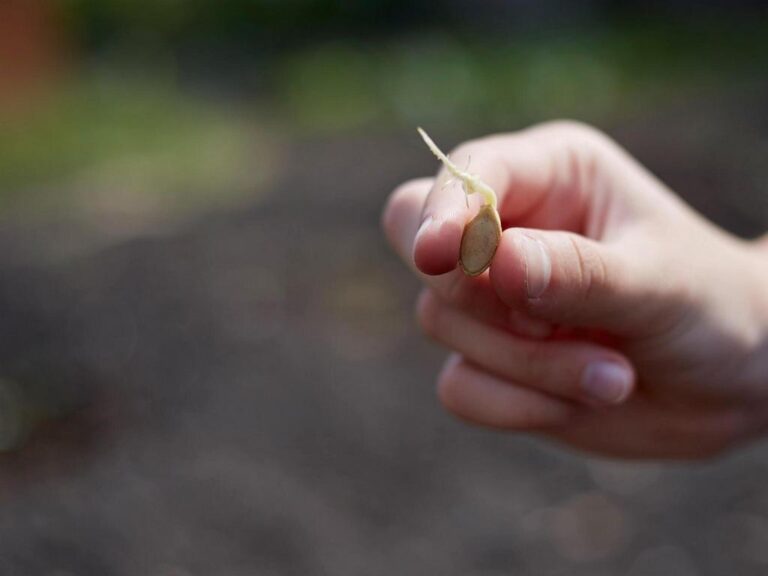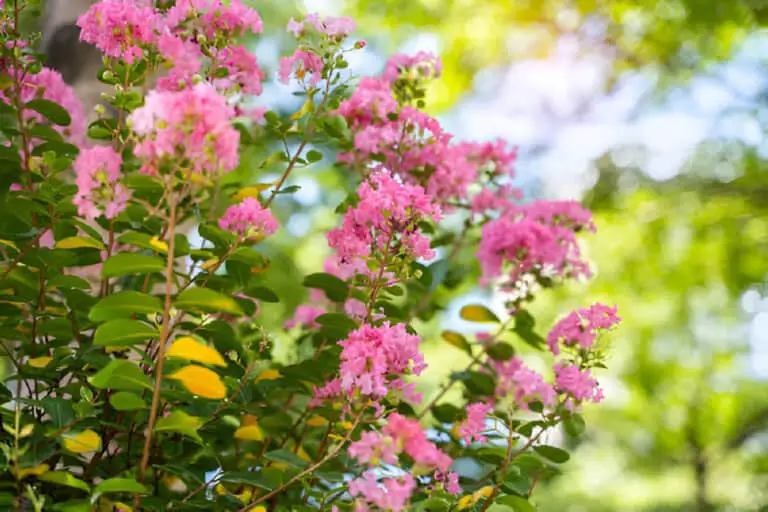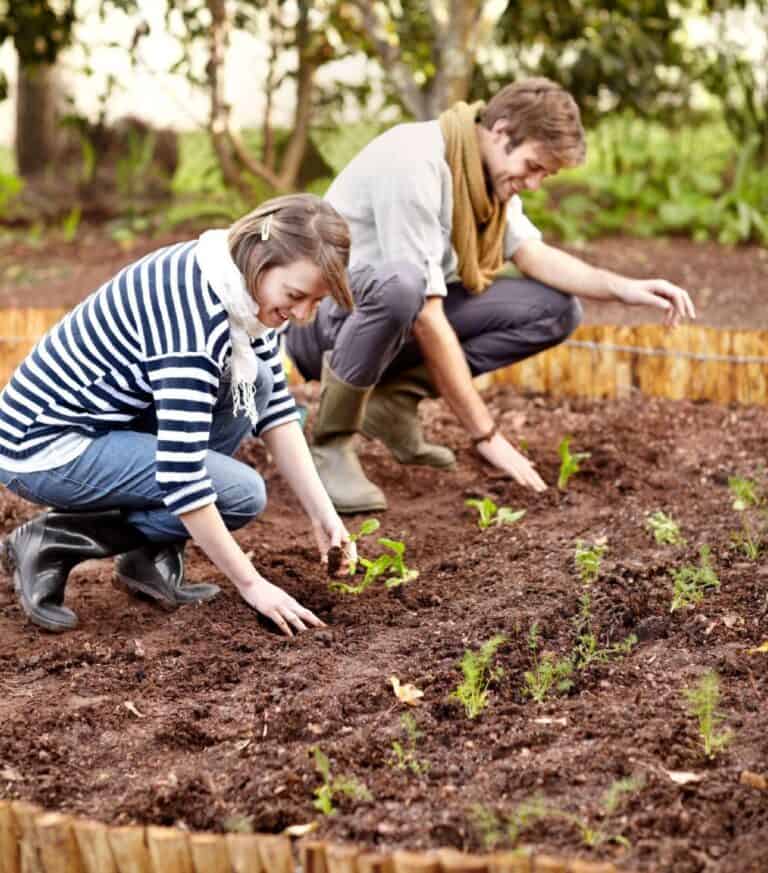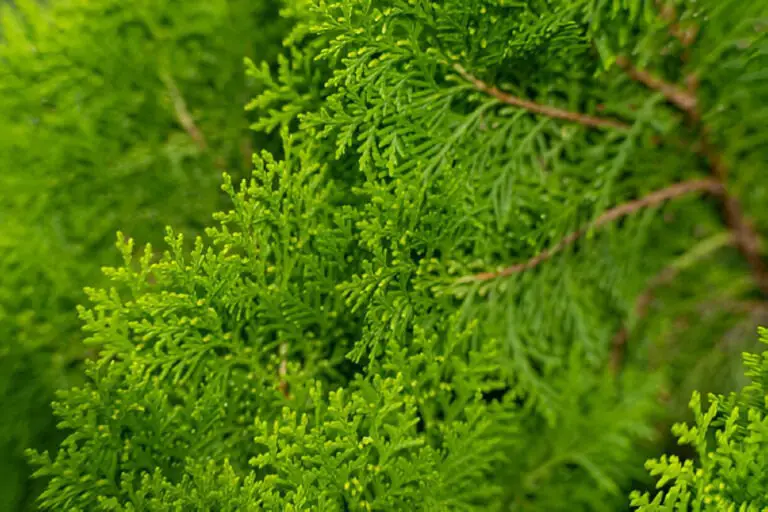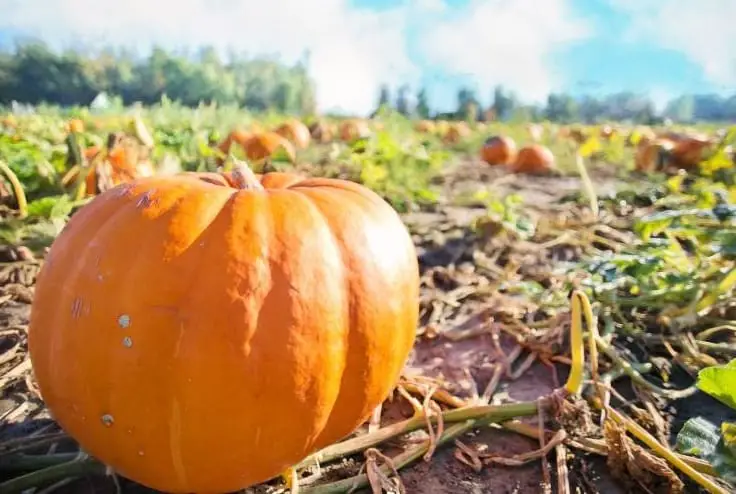Should I Soak Watermelon Seeds Before Planting?
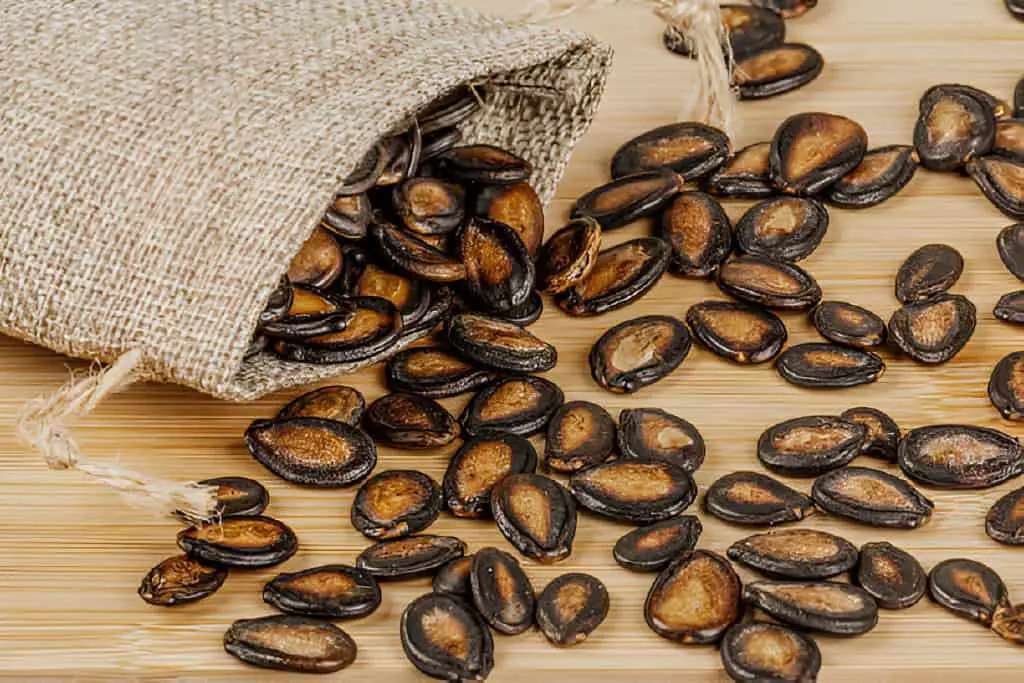
I’ve spent a lot of time trying to grow everything from tomatoes to the wild world of gourds. So, I have a special place in my garden for watermelon.
It’s magical to anticipate slicing open a ripe watermelon. Seeing the juicy, sweet flesh glisten in the summer sun is a thrill. But let’s be real—getting those seeds to sprout and turn into that mouth-watering fruit isn’t always as simple as planting and watering.
A common question, even among seasoned gardeners, is whether to soak watermelon seeds before planting them. So, let’s dive into this juicy topic, shall we?
The Case for Soaking Watermelon Seeds: Why Bother?
If you’re like me, when someone first suggested I soak my seeds before planting them, I gave them a puzzled look. Seeds are seeds, right? Just stick them in the dirt, and nature will do the rest. But soaking seeds has a long tradition among gardeners for a good reason—it jump-starts the germination process.
Soaking watermelon seeds gives them a head start. It softens their tough outer shell. This lets water in faster and encourages quicker sprouting.
But do watermelon seeds really need that extra boost? In my experience, soaking helps if you’re in a hurry to see those first green shoots break through the soil. It’s like setting your seedlings on the fast track to germination, which is especially helpful if you live in an area with a shorter growing season.
However, if you’re patient and live in a warm climate where the soil naturally stays moist, skipping the soaking step might not hurt you.
| Also read: How to Identify Male and Female Watermelon Flowers |
The Science of Soaking: How Does It Work?
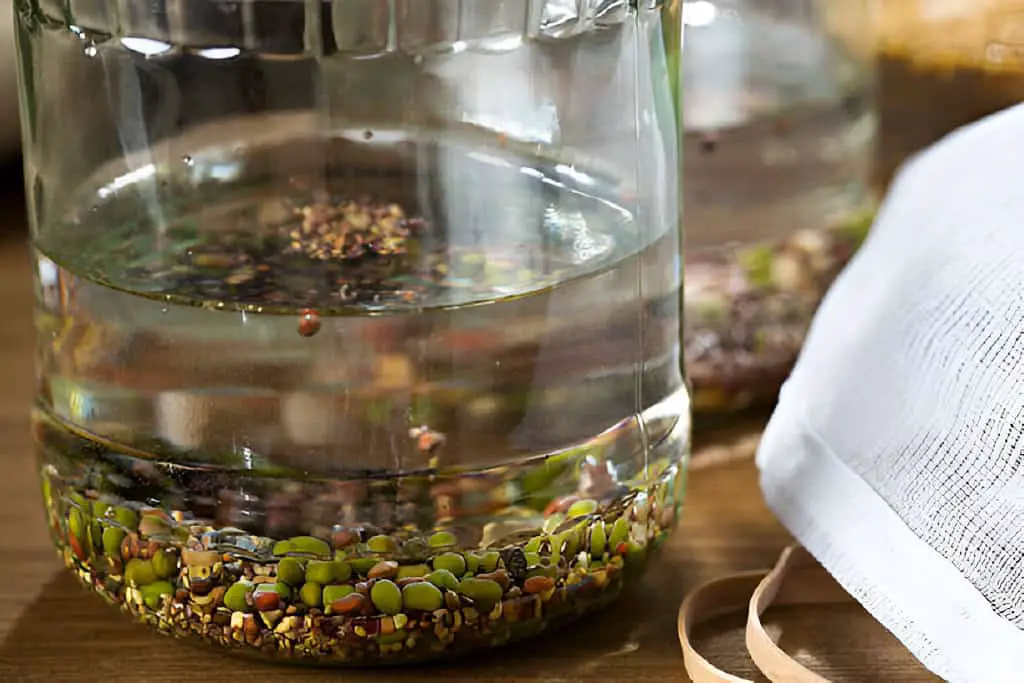
Soaking seeds might sound like some old gardener’s tale, but it’s rooted in science. When you soak seeds, you’re softening the seed coat, which helps the embryo inside get access to the moisture it needs to grow.
Watermelon seeds, with their hard outer shell, can sometimes benefit from a little extra help in this department.
Here’s how soaking typically works:
- Fill a shallow bowl with room-temperature water.
- Drop in the seeds and let them sit for 12 to 24 hours.
- After soaking, the seeds should look a little swollen—this means they’ve absorbed the water.
- Drain and pat them dry before planting.
I recommend not soaking them for longer than 24 hours; too much time in the water can lead to rot, and no one wants moldy seeds before they’ve even hit the soil. The process is simple enough, and if you’ve got an impatient streak like me, it’s a small step that can shave a few days off waiting for sprouts to appear.
| Seed Type | Soaking Time | Best Planting Conditions |
| Watermelon Seeds | 12-24 hours | Warm, well-draining soil |
| Cucumber Seeds | 8-12 hours | Moist, slightly acidic soil |
| Tomato Seeds | 4-6 hours | Consistently warm temperatures |
Skipping the Soak: Is It Okay?
Now, if soaking seeds sounds like too much hassle, don’t worry—you’re not committing a gardening sin by skipping this step. I’ve planted watermelon seeds both ways—soaked and unsoaked—and both have yielded results.
If you plant them straight from the packet, nature will do its thing. It may just take longer for the seeds to break through their tough shells and grow.
If you live in a dry, spring area, soak your seeds. It might help them establish a strong root system. Without soaking, germination might take longer. This is especially true if the seeds don’t get consistent moisture in those first few days.
| Also read: How Much Spacing to Plant Watermelons? |
When to Soak Watermelon Seeds (and When Not To)
Soaking watermelon seeds is great when:
- Time’s Ticking: You’re racing against the clock in areas with shorter growing seasons. A head start in germination can make all the difference.
- Soil’s Drying Out: If your soil dries out or lacks moisture, soak it. This can boost your seeds, helping them to germinate before the soil dries.
Skip the soaking if:
- Patience is Your Virtue: You live in a warm, moist climate. The seeds will get plenty of water. You’re okay with waiting a bit longer for sprouts.
- Soil’s in Good Shape: If your soil is consistently moist and warm, soaking might not provide much added benefit. The seeds will germinate at their own pace.
| Situation | Soaking Seeds | No Soaking |
| Short Growing Season | Highly Recommended | Optional |
| Inconsistent Watering | Helpful | Less Optimal |
| Naturally Moist, Fertile Soil | Not Necessary | Fine |
My Verdict: To Soak or Not to Soak?
So, should you soak watermelon seeds before planting? In my book, it’s a helpful step, but it’s not a deal-breaker if you decide to skip it. I’ve had great success with both methods, but I lean toward soaking when I’m in a rush to get things moving or if I’m planting in less-than-ideal conditions. If I’ve got the time and my soil’s looking great, I may not bother.
It depends on your gardening style and your garden’s conditions. If you’re like me and like to experiment, try soaking some seeds and planting others directly. You might be surprised by the results!
With love and care, those watermelon seeds will grow. They’ll become juicy, delicious fruits, ready for a hot summer day.
So, the next time you’re prepping your garden and staring at that packet of watermelon seeds, remember that a little soak can go a long way. But if you choose to skip it, don’t sweat it—nature has a way of finding a path to success. Happy planting!

